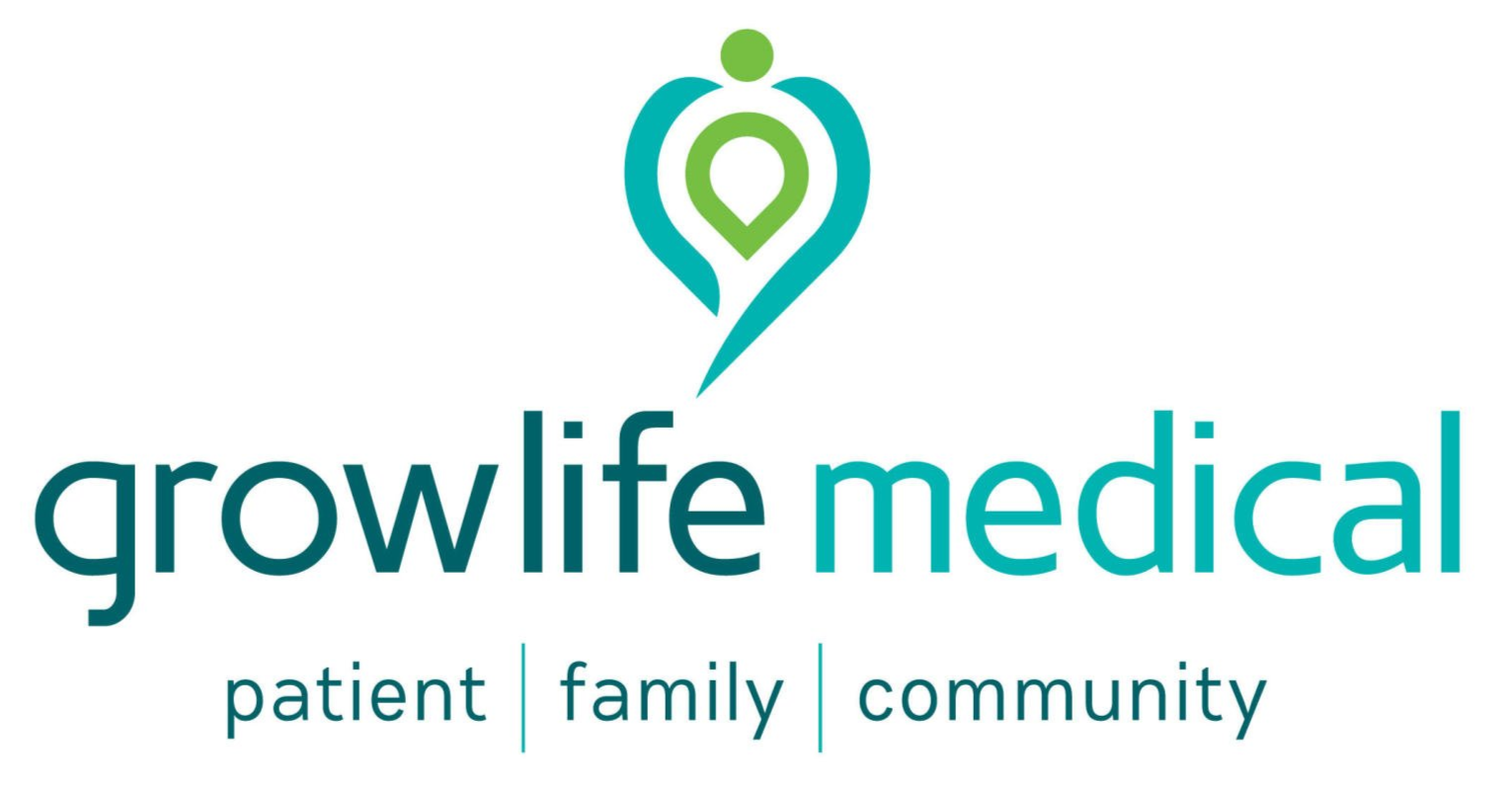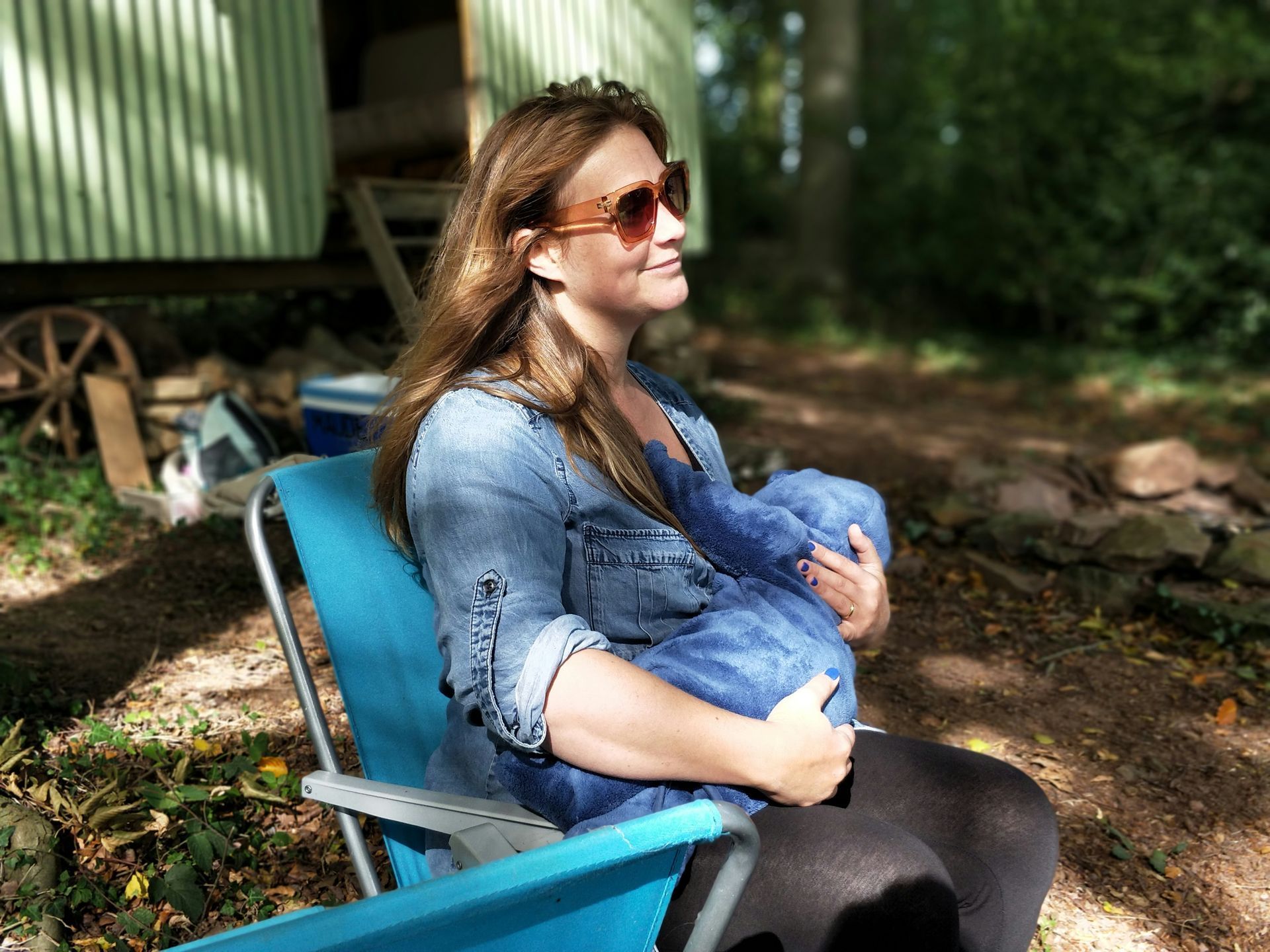Breastfeeding And Expressing Tips
Growlife Medical
have put together a few tips to help you get to grips with breast milk expressing, storing and feeding.
Breastfeed on Demand
The frequency and duration of breastfeeds varies hugely between babies. It is affected by your baby’s ability to transfer milk, mum's breast storage capacity, flow rate and milk production. It's important to feed your baby when they give cues such as searching for your breast, licking lips or turning head to side with an open mouth. Crying is a late feeding cue.
Use your baby as your clock. There's no need for any routines in the first few months.
Babies go to your breast for food, drink, comfort, medicine, pain relief and to get to sleep. Mothers need to trust their baby will meet their own needs and offer the breast whenever baby cues. You cannot overfeed a breastfed baby. Their intake is appetite driven and they are in control.
Babies feed at least 8 to 12 times in 24 hours. They may have times of the day when they cluster feed together, that is, they keep cueing to feed when they have just come off or appeared to fall asleep on your breast.
Learning to Breastfeed Takes Time
It takes time to learn to breastfeed. You need to experiment to find the comfortable “fit and hold “ for you and your baby. You can try different positions to see what works for you. Allow yourself time to adjust and learn.
Skin to skin is hugely beneficial to activate baby’s instinctive feeding reflexes. After a nappy change or when you pick you your baby to feed place them against your chest upright and await baby searching for breast before latching. Best if its baby led rather than mother led.
Seek early professional help with Sam Foster
or Dr Sonja Morgan
if you are experiencing any difficulties.
Breast Milk Storage
Breast milk can be stored in special storage bags designed for breast milk or in sterilised containers. These bags and containers can then be stored in the refrigerator for up to five days provided the temperature remains at 4C or lower. Alternatively, they can be stored in the ice compartment of a refrigerator from up to two weeks or in a freezer for up to six months.
Breast milk that has been kept in the fridge can be carried around in a cool bag with ice for up to 24 hours. If you’re freezing breast milk, make sure to label it with a date to make sure that it does not go off. Before using frozen breast milk, try to defrost it in the fridge slowly before using it to feed your baby. If you’re in a rush, the milk can be defrosted by placing in a jug of warm water. Do not use a microwave to defrost or warm up breast milk (this can burn the baby’s mouth), and remember that milk should not be frozen again after it has defrosted.
Breast Milk Expressing
Breast milk can be expressed either by hand or with a pump. Women often find that their milk flows better at certain times of the day, so it is a good idea to find out what time works best for you. Lots of people find it easier to breast milk express at the beginning of the day.
In the first few days or weeks after giving birth, many women find expressing milk easier by hand. This simply requires gentle squeezing of the nipple and should not cause pain. The milk can be caught in a sterilised feeding container.
You should wash your hands thoroughly before hand-expressing to avoid contamination of the milk. Some women find that massaging the breast beforehand helps the milk to flow. If the flow starts to slow down, try swapping to the other breast or moving your fingers to a different area of the breast.
If need to give a bottle use a “paced bottle-feeding" technique to reduce the risk of baby developing a flow preference for a bottle. It also makes bottle feeding baby appetite driven which is more similar to breastfeeding. If you are bottle feeding and want to find out more about this technique, this video may help.
Expressing Colostrum
Expressing colostrum is a way to access the milk produced around halfway through a woman’s pregnancy and within the first few days of delivery. It is a hugely nutritious fluid and can bring many health benefits to your baby.
If you’re planning on breastfeeding your baby immediately after birth, you may not want to bother with expressing colostrum. If, however, that is not your plan, or you are aware that your baby has a congenital condition such as Down’s syndrome or is of relatively low weight, you may consider harvesting colostrum before birth. Your doctor may also recommend expressing colostrum if you have gestational diabetes, have had breast surgery at some point in the past, or take beta-blockers for blood pressure reasons.
Breast Pumps
Breast pumps come in two varieties: manual and electric. Both are able to suck milk gently from the breasts and can be a quick and convenient way to express.
Electric pumps usually feature different suction levels and come with different funnel sizes to suit your nipples.
Breastfeeding While Pregnant
Mothers can still manage breastfeeding while pregnant, although there are a few things to consider. Breastfeeding whilst pregnant you may feel enhanced side-effects of pregnancy such as nausea and you may find that your nipples are more sore or tender. Ultimately, however, deciding whether to continue breastfeeding while pregnant is safe and is very much a personal decision.
Breastfeeding in Public
According to Australian law, in relation to breastfeeding in public, women have the right to breastfeed anywhere. Furthermore, the Federal Sex Discrimination Act of 1984 means that it is illegal to discriminate people on the grounds of breastfeeding.
This should reassure you when it comes to breastfeeding in public, as discrimination covers a range of situations. If your employer does not allow you a short break to express milk during the day, for example, this would be classed as discrimination. Similarly, if you are asked to stop breastfeeding in a cafe, this would fall under the category of discrimination. At Grow Medical we believe breastfeeding is natural, and that babies have even more right to eat whenever they need than adults! Luckily, society has rapidly returned to a more normal approach to accepting breastfeeding as a normal part of life, so being able to breastfeed comfortably when needed is now the norm instead of the exception.
Breastfeeding Support
The
Australian Breastfeeding Association (ABA) runs the National Breastfeeding Helpline 1800 mum 2 mum (1800 686 268) for breastfeeding support. The Breastfeeding Helpline is available 24 hours a day, 7 days a week. It is staffed by trained, volunteer counsellors who answer calls on a roster system in their own homes.
Lactation Consultation
Sam Foster offers a holistic and empowering approach to breastfeeding support. Sam can provide education, support and assistance in the comfort of your own home, or a consultation at one of our clinics.
Book an appointment with Sonja Morgan
who's expertise includes contraception, antenatal and postnatal care of mothers, as well as care for newborns.
Book a consultation
with Growlife Medical today.







